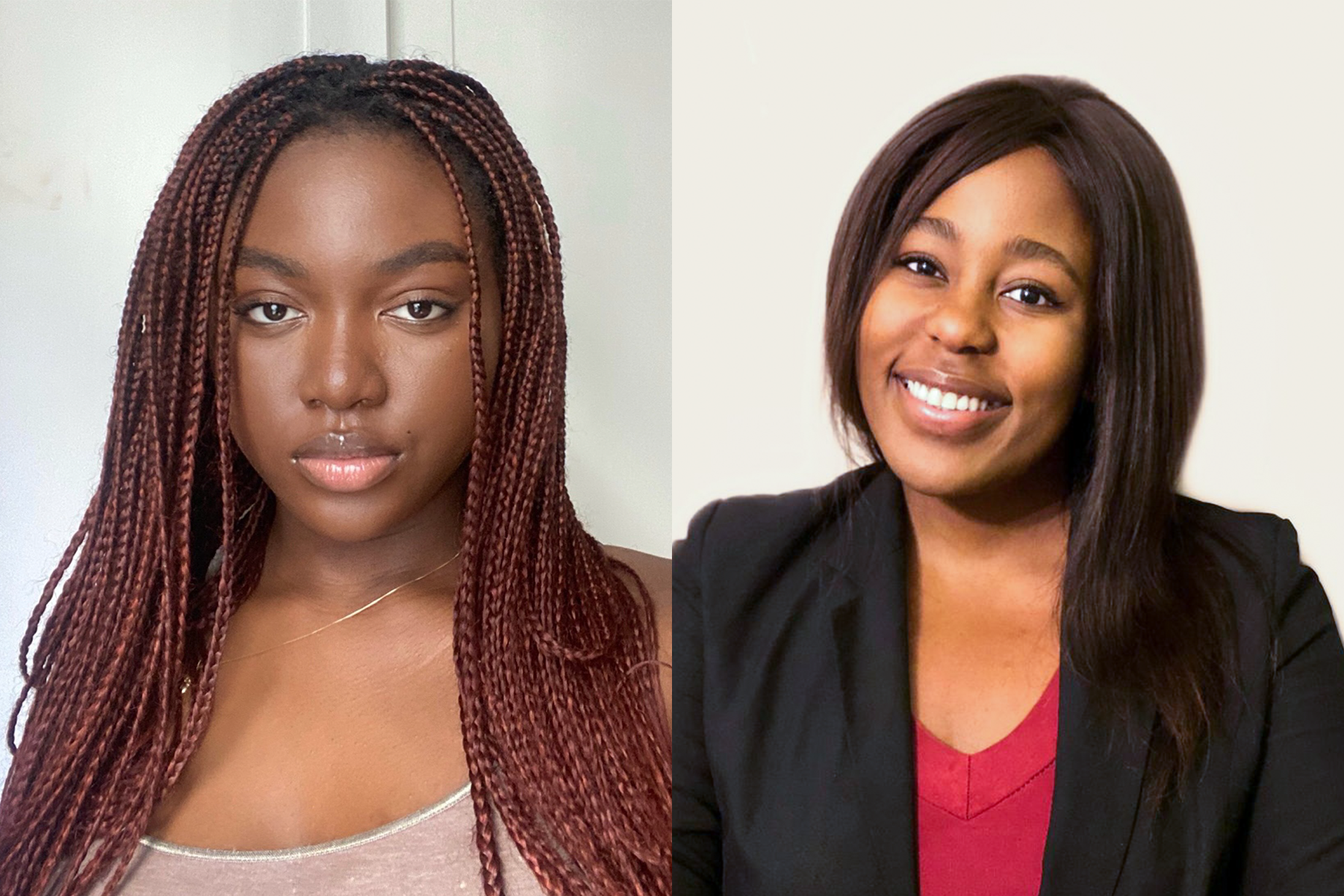88%
Of disease attributable to climate change globally occurs in children under five
From Theirworld’s Act For Early Years report.
The 2020s have been dominated by two major issues – health and climate.
While the Covid-19 pandemic and natural disasters are the headline-grabbers, people around the world are affected daily by health and climate-related challenges.
Education is key to raising awareness of these issues among children and adults alike. That’s why Theirworld’s Global Youth Ambassadors (GYA) programme set up health and climate Task Teams to spread the word, engage other young activists and influence decision-makers.
Our GYAs are a community of 2,000 young campaigners and social entrepreneurs aged 18 to 30 in more than 120 countries.
Dawn Humphreys, Theirworld’s Head of Youth Engagement, said: “The Task Teams are bringing the education conversation into the climate and health spaces, as well as elevating our impact. They are key in reaching the rest of the network to engage them around our actions.”
Here we talk to Task Team members to find out what they’ve been doing and get their views on current issues.
The children we nurture today will lead this world tomorrow, so we must ensure their safe development and wellbeing.
Karen-Andrea Bedoume Nkoume, GYA from Cameroon
Karen-Andrea Bedoume Nkoume, 20, and Lom Bryan-Bill Ning, 27, are both from Cameroon. Lom is a doctor serving rural communities, while Karen-Andrea volunteers with organisations that provide support and education on sexual and reproductive health rights.
In April, they wrote to Cameroon’s Minister of Public Health, André Mama Fouda, urging him to advocate for early childhood development at the World Health Assembly.
Ahead of the Y20 in September (a youth summit which feeds into the G20 summit), they also amplified Theirworld’s Act For Early Years campaign, which calls for leaders to invest in childcare and pre-primary education.
Karen-Andrea: “It still has a long way to go and isn’t really a priority at the moment. Inadequate nutrition is still a big problem, especially within rural areas and for children with poorer families.
“Many women and mothers cannot always afford to take their children to the hospital. But, most importantly, I think there is a general lack of knowledge on how pivotal and instrumental care given to children before the age of five is for their future development.”
Karen-Andrea: “I certainly hope they do. If the issue of early childhood development is raised enough times and with enough passion, the leaders will begin to consider how important it is.
“Having young children is something that a lot of people can relate to – and I’m sure they would want their children and others to have a nurturing childhood. One where children can be shielded from violence and have access to healthcare, adequate nutrition and quality learning and play opportunities.”
From Theirworld’s Act For Early Years report.
Rutendo Shumba, 29, has worked extensively with Zimbabwe’s Ministry of Education and Environment, implementing a climate education project in schools. Okikiolamilekan Bamgboye, 23, is a climate journalist in Nigeria and passionate about educating his community on climate change.
In May, they led a discussion with other GYAs to get their input on a letter for Y20 delegates to highlight the urgency and importance of climate and early childhood development. This month they attended training on the importance of disability rights in the climate change movement.
Rutendo: “Climate education can be used to teach children about the issues facing our planet and the need to protect it. By gaining knowledge, they will gain a sense of environmental responsibility and be empowered to address climate change in their communities.”
Rutendo: “Because individuals with disabilities are disproportionately affected by the effects of climate change. They often have difficulty accessing resources and support during emergencies or natural disasters, so they should be included in discussions and policy-making related to climate change. Inclusion is crucial to protecting their rights and ensuring that their unique needs are met.”


